UN children’s agency says children in Afghanistan ‘cannot be held hostage to politics’
The United Nations Children's Fund (UNICEF) says children in the crisis-hit Afghanistan “cannot be held hostage to politics,” as the UN food agency has warned that 95 percent of people in the country do not have enough to eat.
UNICEF Executive Director Catherine Russell made the comment on Friday at the end of her three-day trip to Afghanistan.
“This is no way to live. The children of Afghanistan cannot be held hostage to politics. Decisions and actions taken today will dictate whether these children live or die, whether they suffer or thrive, and ultimately, whether the country survives or declines,” she said.
Almost 24 million people in Afghanistan – or 60 percent of the population – suffer from acute hunger, while millions have already been displaced. Earlier this month, the UN’ World Food Programme (WFP) also warned “hunger continues rising in Afghanistan” and that “95% of the population don't have enough to eat.”
The dire situation in Afghanistan, which particularly impacts its children, unfolded after the Taliban came to power in August last year and formed an interim government, which has not been recognized by any country.
'Afghanistan's foreign assets remain inaccessible'
Afghanistan has about $9 billion in assets overseas, including the $7 billion in the US. The rest is mostly in Germany, the United Arab Emirates, and Switzerland. Almost all of these assets have been frozen, putting the country’s economy into a free fall.
The Taliban government has repeatedly called for the release of the frozen assets, but Washington has continued to rebuff the calls. The group has already warned Washington that they would be forced to reconsider their policy toward the US if it refused to free Afghanistan's assets.
The aid-dependent country is now unable to pay even public sector workers, including in the health and education sectors.
The UN also warned in October last year that without financial aid or humanitarian relief, Afghanistan is on a “countdown to catastrophe.”
Furthermore, the UN, along with international organizations, face mounting challenges in addressing Afghanistan's growing humanitarian crisis. The world body projects this year that over one million Afghan children will need treatment for malnutrition and up to 97 percent of Afghans could be living below the poverty line. A landmark UNICEF $2 billion appeal to donors for aid is only 17 percent funded.
“And things are poised to get even worse. According to our projections for 2022, more than 1 million children will need treatment for severe acute malnutrition. Nearly 13 million children will need humanitarian assistance. Diseases like measles and acute watery diarrhoea will continue to spread. Up to 97 percent of all Afghan families could be living below the poverty line in a matter of months,” Russell said in her statement.
About 80 percent of the Afghan budget was financed by international aid until August, when it was halted due to the Taliban’s takeover of Afghanistan. The Taliban have already warned Western diplomats that insisting on sanctions as a means to pressure their governance could undermine security and trigger a wave of economic refugees.
Trump says 'feels no obligation' to pursue peace after Nobel Prize snub
Israeli military kills Palestinian teen in southern Gaza despite truce
Recent terrorist war on Iran similar to Israel’s pager attack on Lebanon: Qalibaf
VIDEO | Thousands rally in Kargil against US, Israel 'interference' in Iran
Hamas blasts ‘torture and brutality’ against Palestinian prisoners in Israeli jails
Truth as first casualty: Deconstructing disinformation campaign on Iran riots death toll
Surrender, humiliation have no place in our lexicon: Lebanese MP
VIDEO | Press TV's news headlines


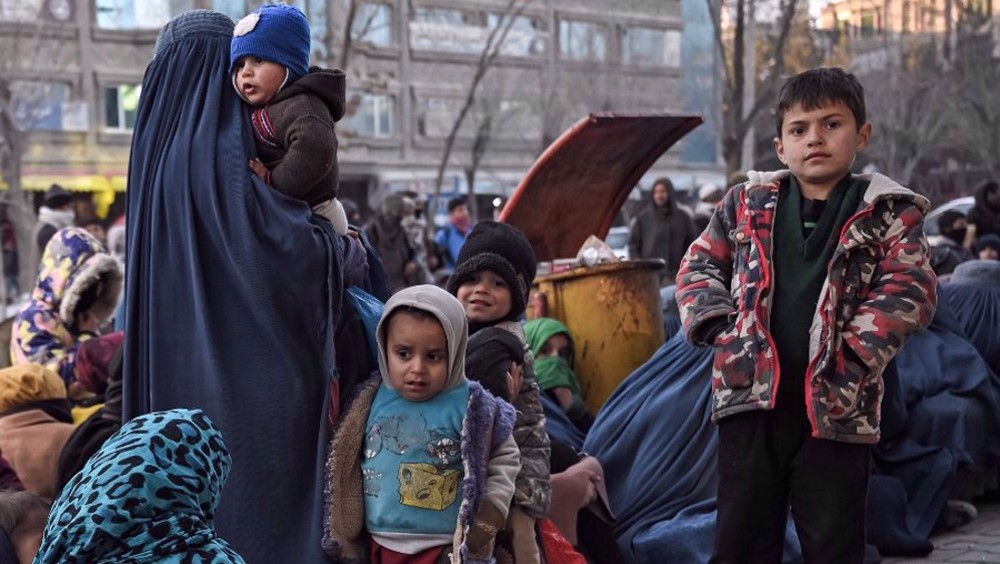
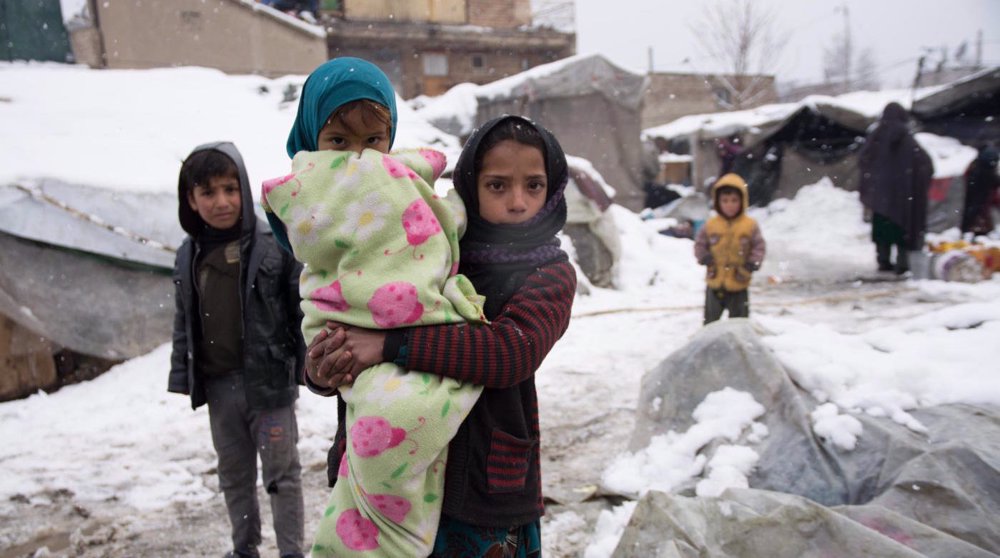
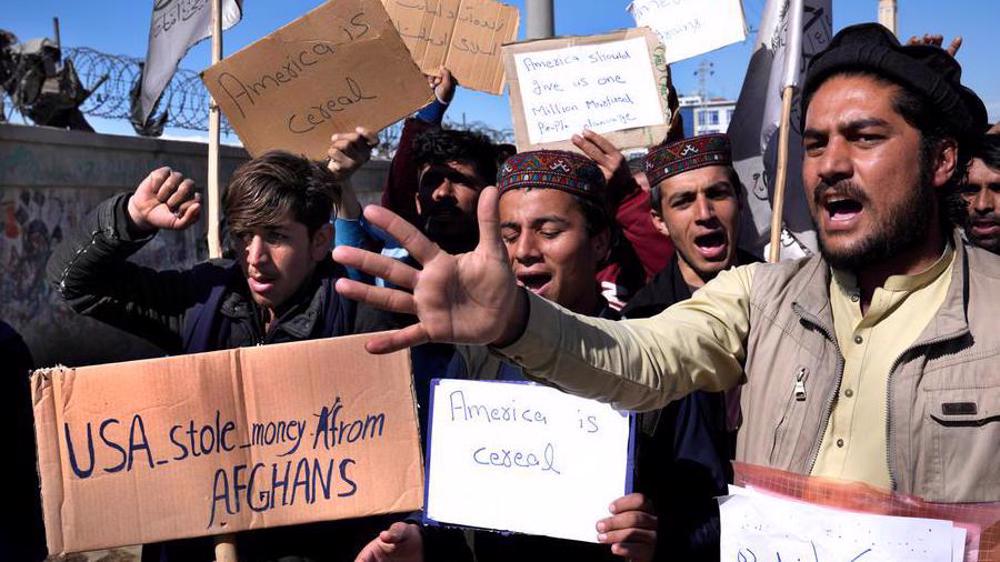
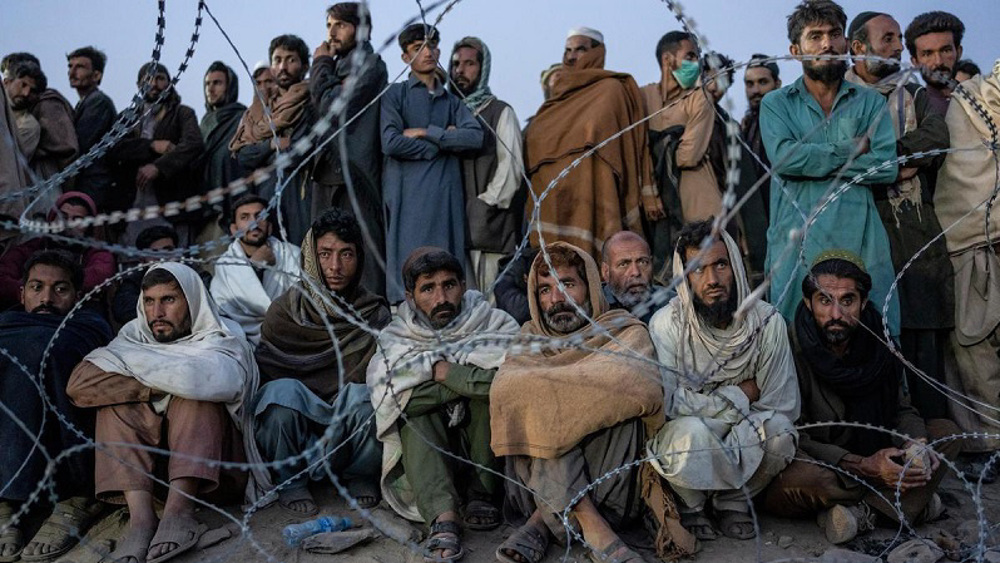

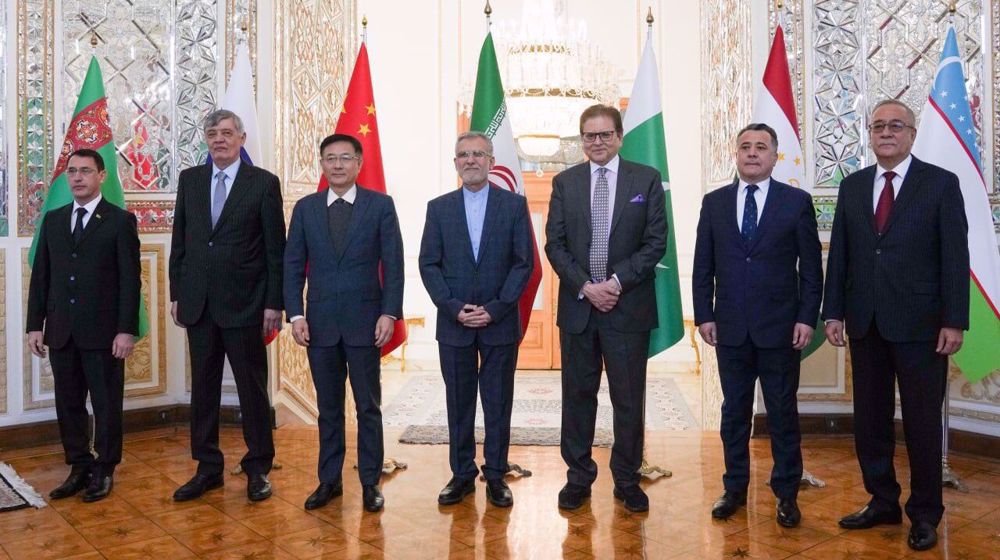



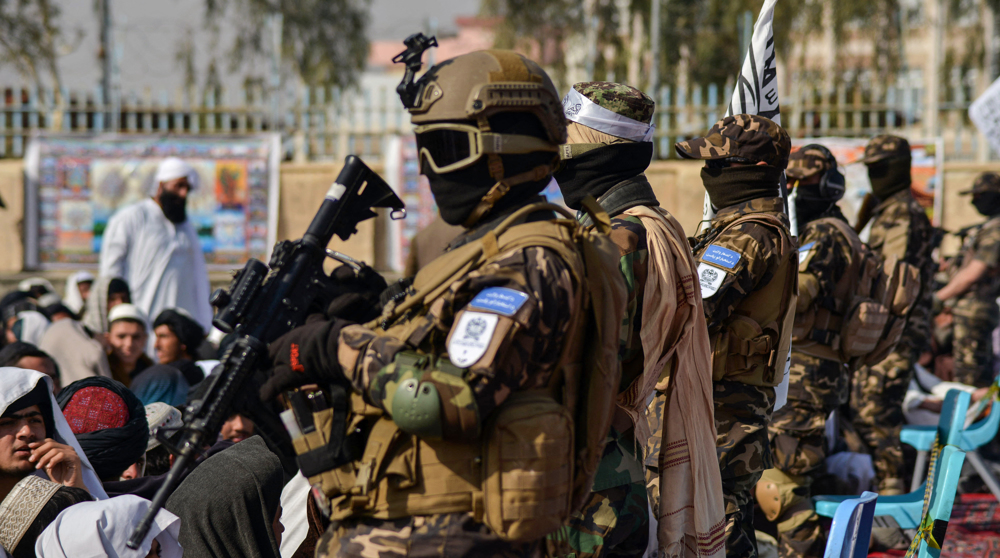
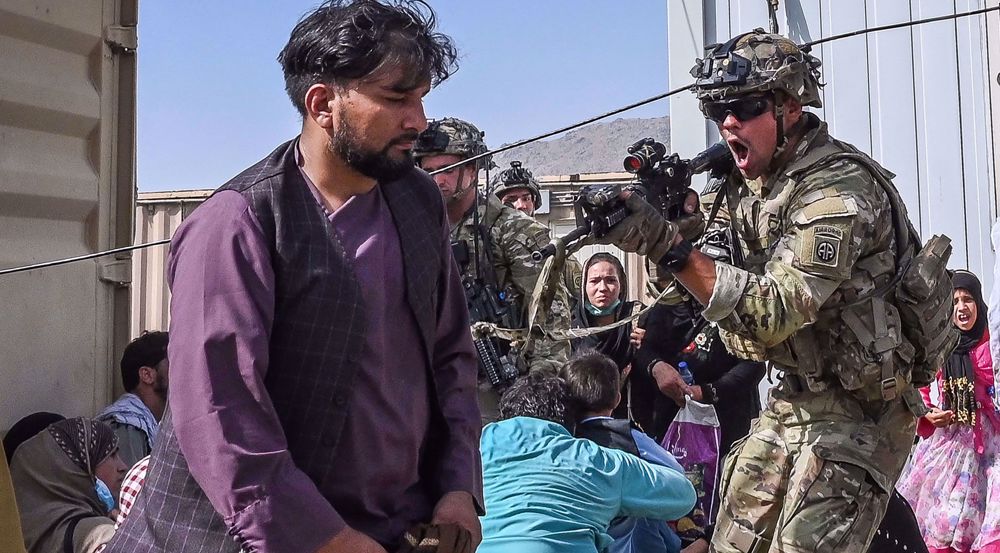
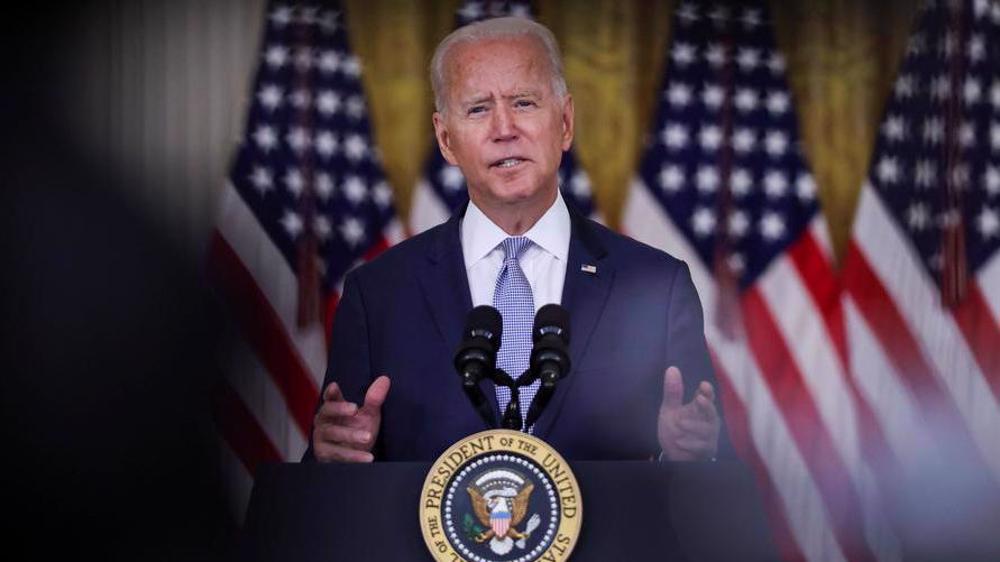

 This makes it easy to access the Press TV website
This makes it easy to access the Press TV website